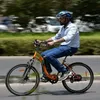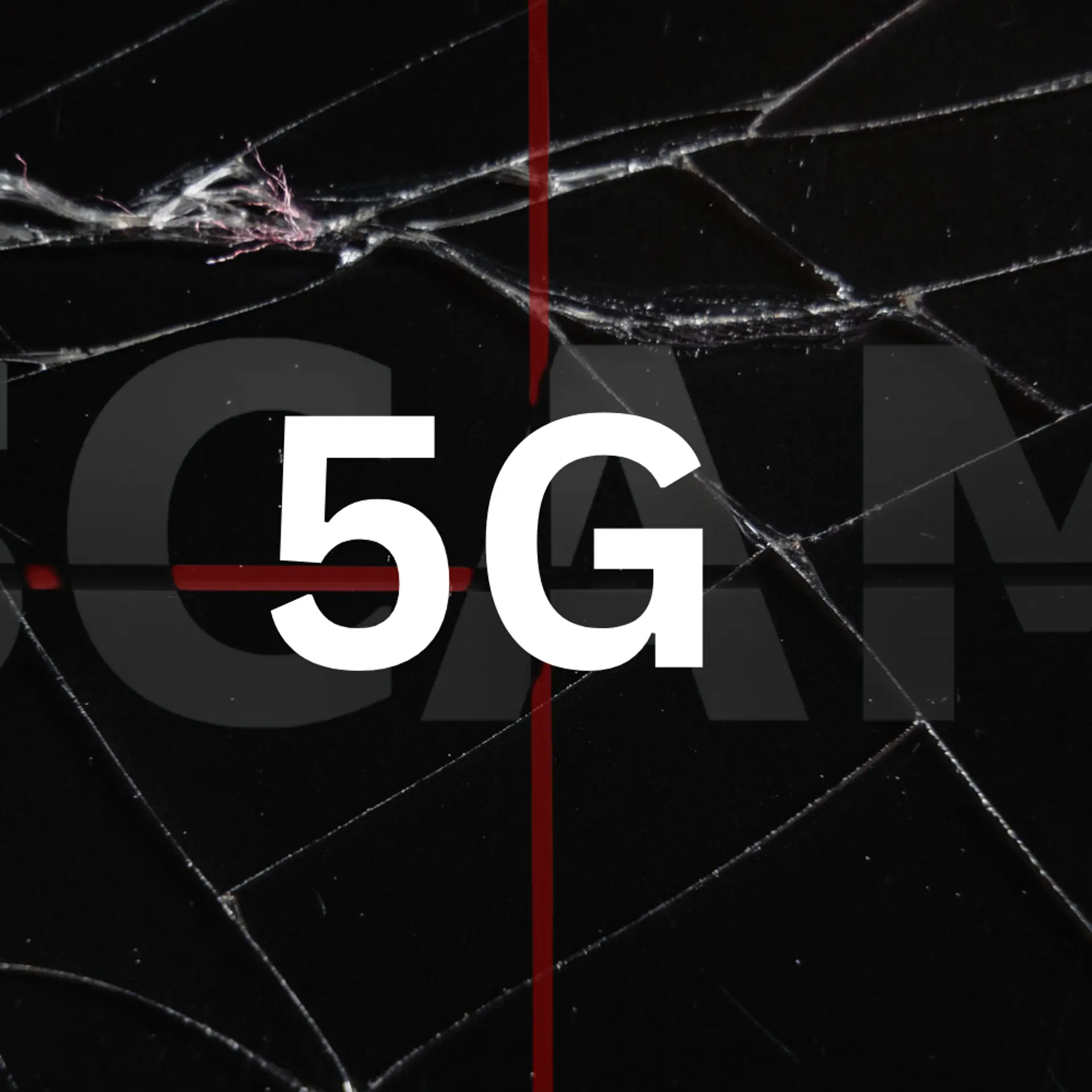EV logistics startup DOT is helping Swiggy, Amazon, BigBasket switch to green deliveries
Delhi-NCR-based bootstrapped startup DOT provides green logistics solutions to ecommerce and foodtech players. The team, operational in 30 cities at present, claims to deliver around 10 million orders a year.
It was August 2015. New York-based investment banker Vineet J Mehra was appalled to read about New Delhi’s pervasive pollution problem. Vineet, who hailed from India’s capital, felt the need to bring about change.
Realising that vehicular traffic was to blame for most of the air pollution, he decided to found DOT, a bootstrapped logistics company that uses an electric fleet. The Gurugram-based company uses two and three-wheeler EVs to provide first and last-mile delivery services to ecommerce and foodtech players such as Amazon, Swiggy, and Bigbasket.
“Ours is a simple last-mile delivery operation aided by the hub-and-spoke model. Our clients contract us for the long-term and we offer them a leased EV fleet for their last-mile delivery fulfilment. Our technology platforms are integrated with the clients’ platforms, which allow us to do the staffing and rostering, and enable us to fulfil deliveries accordingly,” Vineet says.

DOT Team
The DOT team
Vineet has experience in metals, steel, iron ore, mining, and sustainable development. As Director-Trading and M&A at Stemcor, a global leader in the commodities trade, he was instrumental in raising trade volumes from $1.3 billion to $3 billion.
He founded Virginia Mining Resources to capture trading opportunities in the US/Canada and Southeast Asia. Vineet also invests in and incubates potential high-growth startups.
Once Vineet had the idea for the bootstrapped EV logistics startup, he roped in the team. Pratik Dasgupta, who joined as co-founder, has over 10 years of experience in managing operations and leadership. Previously, he was working as Head of Finance for Virginia Mining Resources. The others in the team are Karuna Kumar and Vishal Sankhe as a part of their core team.
Vineet explains that the core team has been working together now for more than 15 years, across their career paths. The current team size is around 1,700, of which about 150 are full-time or part-time employees, while the rest are driver partners.

Vineet J Mehra
Building the fleet
Vineet says there was no ecosystem for EVs when the team started in 2015. They had to create their own mini-ecosystem, which involves acquiring a fleet of 200 EVs and creating parking and charging infrastructures.
“Further, the financing of EVs is an even bigger challenge. Unlike for fossil fuel counterparts, banks don’t lend on auto loan interests, which meant that we had to pay much higher interest rates,” Vineet says.
However, the team now has a finance partner for their bikes.
The team initially started operations as a bike taxi service and had sourced close to 150 Hero Electric Bikes. However, they noticed that this was making them “operationally inefficient”. Vineet explains that the delivery fleet was idle, which is why they decided to optimise resources by using them for delivery services.
After four to five months, the co-founders decided to get into a larger delivery model.
Vineet explains that in 2015, last-mile logistics market was close to $1 billion; it is touching close to $3 billion now.
The team began three-wheeler operations in 2017; they sourced the EVs from a Gujarat-based manufacturer. For two-wheelers, the team decided to start their own EV manufacturing company as a sister concern: Li-ions Elektrik Solutions. The team currently has over 200 electric three-wheelers and more than 200 electric bikes.
“Our key clients include ecommerce players like Amazon and Walmart, courier and merchandise players like BlueDart and DHL, and startups like Big Basket, Grofers, and Swiggy,” Vineet says.
DOT claims to be delivering around 10 million orders a year.
The working model
DOT works on a pay-per-delivery basis. This works for contracts with clients and delivery partners, and ensures a minimum guarantee in terms of number of deliveries per day from the clients and to the delivery partners. DOT charges an average of Rs 45 to Rs 75 for deliveries on two-wheelers and three-wheelers.
“Last year, our revenue from Indian delivery operations was approximately $1 million, which was a 130 percent jump from the previous year. We have grown more than 1,600 percent since starting our commercial delivery operations in early 2016,” Vineet says.
The market and future
Ways of commuting are rapidly evolving in India with the government trying to create a sustainable narrative by pushing public transportation to adopt electric mobility. Niti Aayog, the government’s policy think-tank, wants all three-wheelers to go electric by 2023, two-wheelers by 2025, and four-wheelers after 2030.
According to SIAM, there are close to 1.5 million EVs in the country, half of them in the electric two-wheeler segment.
Several players are looking closely at the space at present. Delhi-NCR-based Smart-E plans to roll-out 100,000 vehicles by 2022. There is Tiger-backed Ather Energy, which manufactures two-wheelers for the B2C segment. Apart from these, Euler Motors, Autovert, Ultraviolette, Polarity, GoGreenBov, and Orxa Technologies are all looking at consumers.
DOT is currently operating in around 30 cities across India and expects to expand geographically in over 600 cities and towns (spread over 17 states of India).
“A bootstrapped company, we are growing at 50 percent year on year and have been operationally profitable since inception due to green vehicle cost efficiencies. Besides, our global operations are also moving toward commercial applications in Australia, Canada and Singapore, through our holding company, 'DOT Global Solutions Pte. Ltd' based out of Singapore,” Vineet says.
(Edited by Teja Lele Desai)











